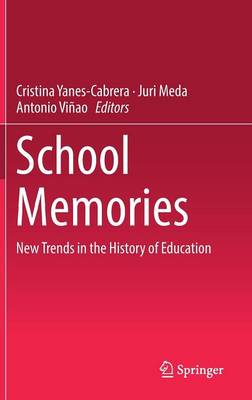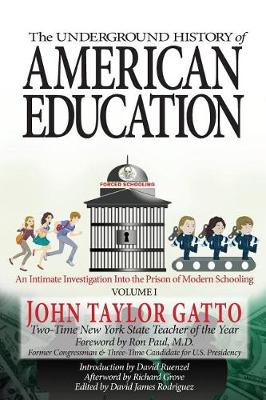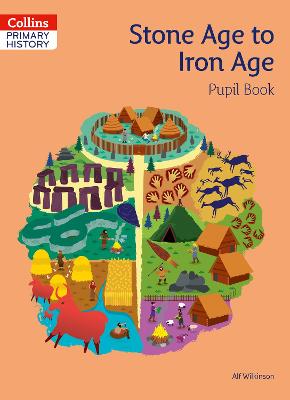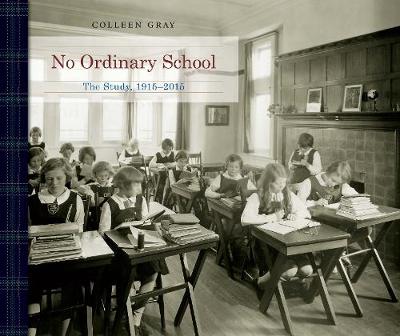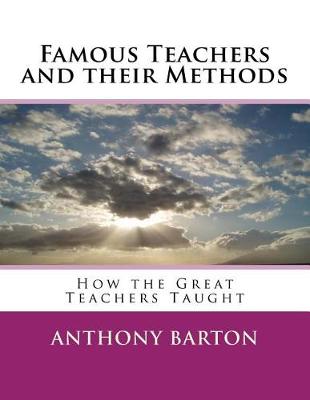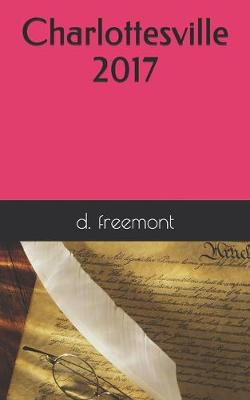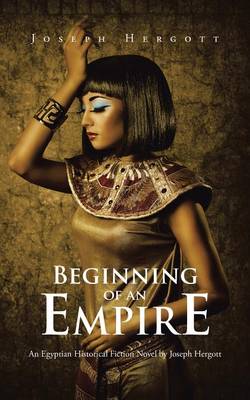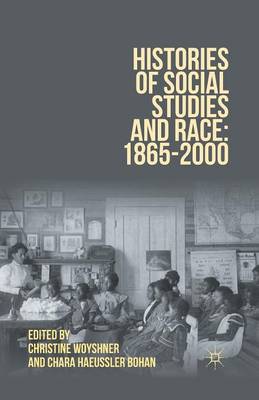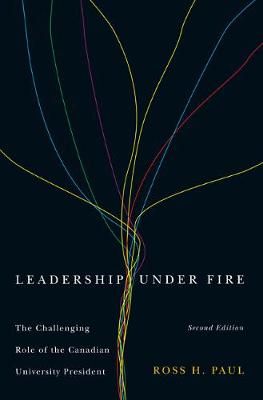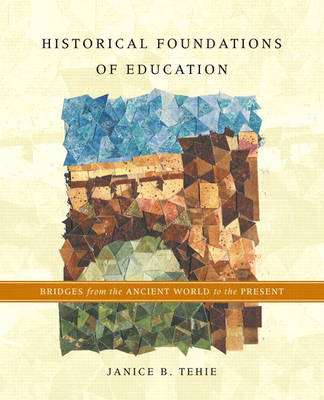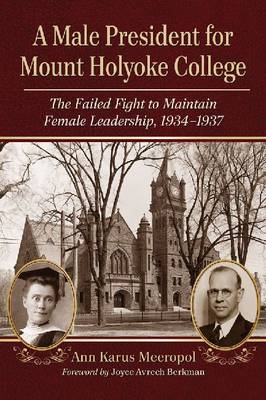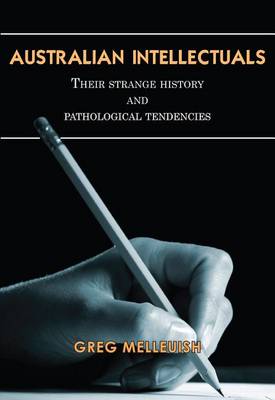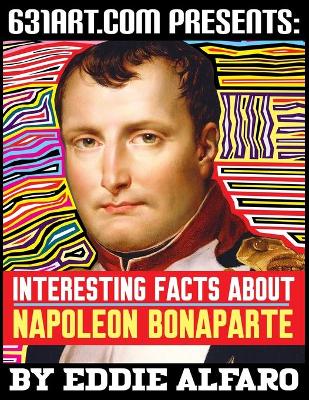School Memories
This book reveals how school memories offer not only a tool for accessing the school of the past, but also a key to understanding what people today know (or think they know) about the school of the past. It describes, in fact, how historians' work does not purely and simply consist in exploring school as it really was, but also in the complex process of defining the memory of school as one developed and revisited over time at both the individual and collective level. Further, it investigates the...
The Underground History of American Education, Volume I
by Richard Grove
Some Thoughts Concerning Education (Classics in Education) (Dover Philosophical Classics)
by John Locke
One of the major works of John Locke (1632-1704), this detailed and comprehensive guide is mainly concerned with moral education. While concentrating on its role in creating a responsible adult and on the importance of virtue as a transmitter of culture, it also ranges over such practical topics as the effectiveness of physical punishment, how best to teach foreign languages, table manners, and varieties of crying. This critical edition is based on the third (1695) edition, and includes variant...
Letters on Early Education (Classics in Education)
by Johann Heinrich Pestalozzi
Stone Age to Iron Age Pupil Book (Collins Primary History)
by Alf Wilkinson
Collins Primary History provides a rich coverage of the Primary National Curriculum for History. Packed with information, source materials, questions and activities, the beautifully designed pupil books support children to explore, interpret and develop knowledge of significant historical periods. The accompanying Teacher's Guide provides planning support and guidance on making progress in history.
In 1913, Oxford-educated Margaret Gascoigne left England for Montreal in search of new opportunities. In 1915 she established a small school for six students in the study of her downtown Montreal home - the modest but aspiring beginning of what would become known as The Study. Presenting lively images, oral testimonies, and material gleaned from the school's archives, No Ordinary School explores the evolution of The Study through world wars, the Great Depression, the Quiet Revolution, and many s...
In Grading the College, Scott M. Gelber offers a comprehensive history of evaluating teaching and learning in higher education. He complicates the conventional narrative that portrays evaluation as a newfangled assault on the integrity of higher education while acknowledging that there are many compelling reasons to oppose those practices. The evaluation of teaching and learning, Gelber argues, presented genuine dilemmas that have attracted the attention of faculty members and academic leaders s...
An essential American dream - equal access to higher education - was becoming a reality with the GI Bill and civil rights movements after World War II. But this vital American promise has been broken. Christopher Newfield argues that the financial and political crises of public universities are not the result of economic downturns or of ultimately valuable restructuring, but of a conservative campaign to end public education's democratizing influence on American society. "Unmaking the Public Uni...
When the University of Notre Dame announced that President Barack Obama would speak at its 2009 Commencement and would receive an honorary doctor of laws degree, the reaction was more than anyone expected. Students, faculty, alumni, and friends of Notre Dame denounced the honoring of Obama, who is the most relentlessly pro-abortion public official in the world. Beyond abortion, Obama has taken steps to withdraw from health-care professionals the right of conscientious objection. Among them are t...
Schooling in New Russia: Innovation and Change, 1984-95
by Jeanne Sutherland
Histories of Social Studies and Race: 1865-2000
by Christine Woyshner and Chara Haeussler Bohan
This collection of historical essays on race develops lines of inquiry into race and social studies, such as geography, history, and vocational education. Contributors focus on the ways African Americans were excluded or included in the social education curriculum and the roles that black teachers played in crafting social education curricula.
Paul illuminates some of the ways in which Canadian universities are unique and uses these differences to make clear the importance of organizational cultural and institutional fit for leaders confronting critical academic issues such as academic leadership and accountability, student success and support, university funding and fund-raising, strategic planning, government and community relations, and internationalism. His analysis reaffirms some long-standing practices, while arguing that change...
Educators are better equipped to shape education today if they understand not only the historical context of education and its influence on education today, but also the contextual framework in which education developed over time. This history of education text gives the educator a unique and comprehensive view of the development of education from ancient times to the present by examining the social, political, economic and religious contexts in which education developed. Readers will come awa...
A struggle arose over who would succeed Mary Emma Woolley as president of Mount Holyoke College in 1937. Over her 36 year tenure, Woolley had transformed Mount Holyoke into an elite women's college in which leadership in the administration and faculty was almost exclusively female. Beginning in 1933, a group of male trustees determined to change the college. This book tells the story of how this group dominated the search process and ultimately convinced the majority of the trustees to offer the...
La Educacion En Los Siglos XIX y XX (Historia Universal, #20)
by Claudio Lozano
